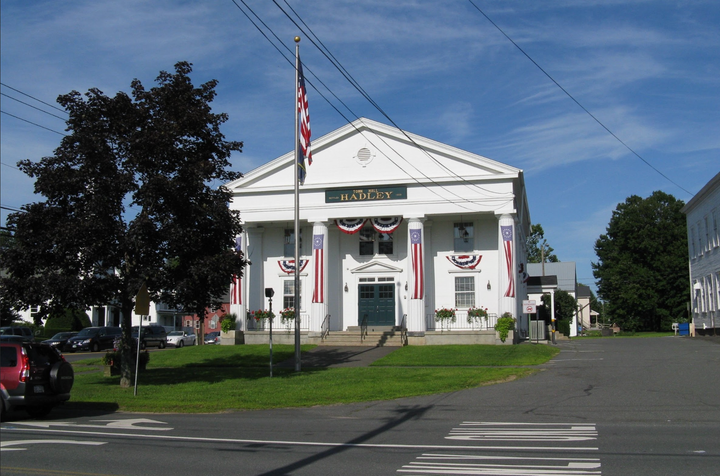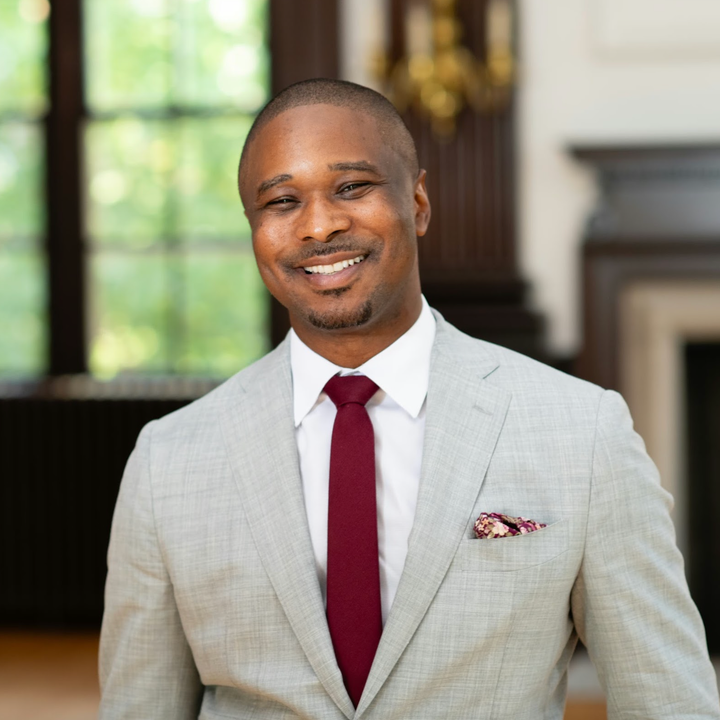Former New York Times Lawyer Discusses Trump’s Attacks on the Press
Last week, Amherst Students for Democracy hosted former New York Times lawyer George Freeman ’71, who discussed the implications of the Trump Administration’s dealings with the press.

Last Thursday, Amherst Students for Democracy hosted a discussion with George Freeman ’71, director of the Media Law Resource Center and former New York Times lawyer, addressing the president’s attacks on the media and their implications for press freedoms.
In the event, “Donald Trump v. The Press,” Freeman emphasized that while previous presidents may have sparred with the media, the current moment is “unique in terms of the executive trying to beat up on, trying to ignore, trying to get around the Constitution.”
According to Freeman, Trump’s attacks on the press are part of a larger plan. “He wants the public not to believe what the media says,” Freeman said. “So, when the media, as they inevitably did and do, say bad things about him, the public won’t believe it. And that strategy — and it is a strategy — has worked tremendously for him.”
Freeman pointed to the recent spat between the Associated Press and President Trump, where the White House restricted the Associated Press’ access to White House events over their refusal to use the term “Gulf of America.”
“The notion that they’re being punished for not saying what the government wants them to say goes so fundamentally against what the First Amendment is about,” Freeman said. “It’s just starkly prohibited.”
Freeman also cited former Alaska Governor Sarah Palin’s defamation lawsuit against the New York Times — a response to an article linking Palin’s rhetoric to the 2011 Tucson shooting — as having the potential to limit press freedoms.
(On Tuesday, a federal jury determined that the New York Times did not defame Palin).
Under the current precedent set in New York Times Co. v. Sullivan, for a public figure to win a libel case, they must prove that the publisher made the statement with “actual malice” — making the statement while knowing it to be false or having serious doubts about its veracity.
While Freeman acknowledged that the New York Times erred by publishing the story on Palin, he argued that it did not amount to “actual malice” — a ruling in favor of Palin could therefore challenge this precedent, a move which Trump supports.
Discussing the broader implications of Trump’s rhetoric toward the media, Freeman said that if “there’s disagreement on the very basic facts,” such as on the outcome of the 2020 election, it creates serious problems for democracy.
Hedley Lawrence-Apfelbaum ’26, a co-president of Amherst Students For Democracy, who helped organize the event, appreciated the historical and legal insight that Freeman provided to contextualize current events.
“The media has a very aspirational vision and an important role in our democracy,” Lawrence-Apfelbaum said. Still, protecting press freedom is “only one part of the bigger picture of threats to democracy,” he concluded. “It’s an institution that helps protect other parts of our democracy as well.”




Comments ()